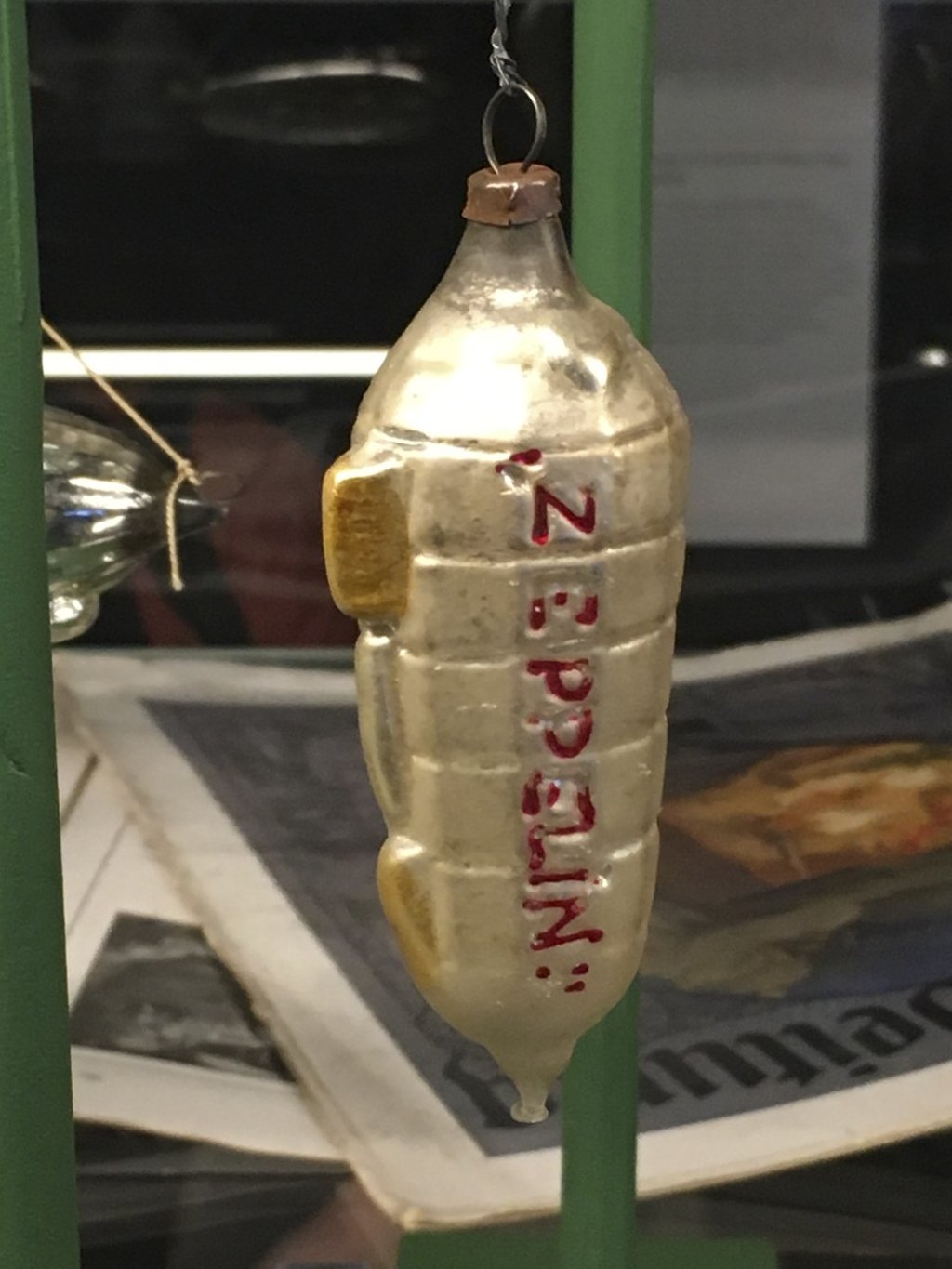Silent Night: Austrian city of Salzburg pays homage to 200-year-old carol that put first world war on pause
- It is the quintessential Christmas carol and this year, Salzburg and a nearby village that is its birthplace celebrate the 200th anniversary of its first performance
- When Joseph Mohr put pen to paper to write the lyrics, the world was emerging from dark days – quite literally – and his hymn was a message of hope

It’s early December, and I’m standing in Salzburg’s snow-dusted Residenzplatz, sipping mulled beer (yes, you read that correctly, and it’s actually rather good) and listening to trumpeters perform Silent Night. This year marks the 200th anniversary of the carol’s first public performance, on Christmas Eve, 1818, at a tiny church in the nearby village of Oberndorf.
It’s an anniversary the Austrian city is celebrating with gusto. Joseph Mohr, who wrote the lyrics, was baptised inside Salzburg Cathedral, later becoming a priest in Oberndorf, where Franz Xaver Gruber, who wrote the music score, was an organist.
At the Silent Night 200 exhibition, which runs until early February at the city-centre Salzburg Museum, visitors can learn how to “sing” the carol in sign language, and how to say its first lines in some of the 300 languages it has been translated into (“busuku obuhle” is Zulu for “silent night”). A popular exhibit is a hi-tech display of QR code-adorned cards, which can be placed on a panel to reveal weird and wonderful facts: Bing Crosby’s version of the carol sold 30 million records; there wasn’t a single portrait painted of Mohr. In 1912, when artist and priest Josef Mühlbacher was asked to sculpt a monument honouring the carol, Mohr’s body was exhumed to give him an idea of the lyricist’s appearance.
Downstairs is a collection of Silent Night memorabilia. The carol has been used to sell everything from wine and beer to cigarette lighters and thimbles. Also on display are Christmas ornaments dating back to the first world war – miniature silver Zeppelins and hand grenades, which once dangled from trees. They are a nod to the carol’s reputation as the song that put a war on pause.

On Christmas Eve, 1914, German officer Walter Kirchhoff, a tenor with the Berlin Opera, emerged from the trenches and sang Silent Night in German, then in English. British troops joined in, in a brief respite from the horrors of battle.
